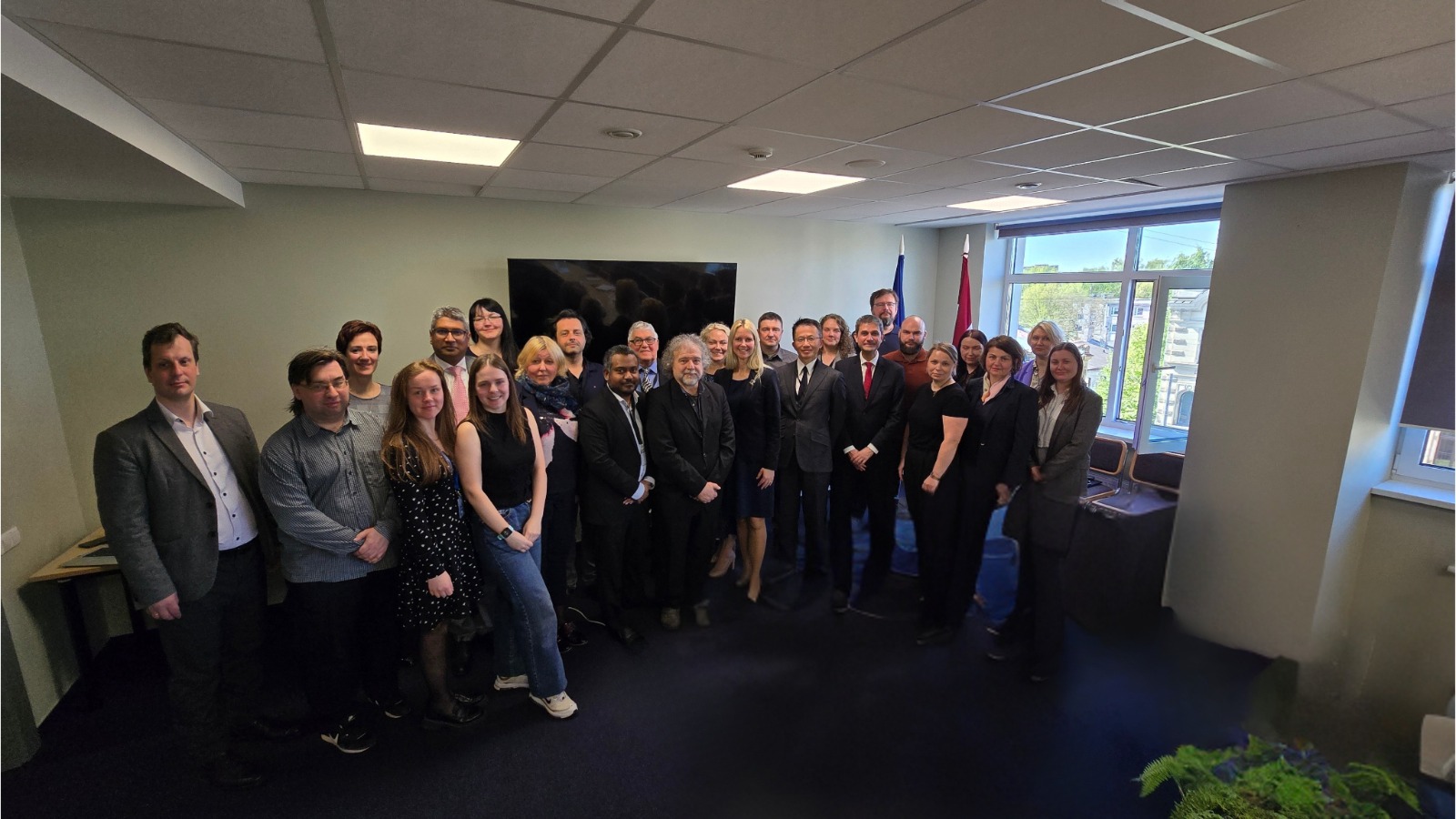From May 12 to 16, Riga is hosting an international review by the United Nations (UN) aimed at assessing Latvia's implementation of its climate commitments in accordance with the United Nations Framework Convention on Climate Change (UNFCCC) and the Paris Agreement. The visit of UN experts to Latvia is coordinated by the Ministry of Climate and Energy (KEM).

At the center of the review is Latvia's first Biennial Transparency Report (BTR1), which all Parties to the Paris Agreement were required to submit by the end of 2024. The report provides comprehensive information on:
- Greenhouse gas (GHG) emissions and removals,
- Implementation of climate policies and adaptation to climate change,
- Support provided to developing countries,
- Latvia's contribution toward the European Union's collective goal of reducing GHG emissions by at least 55% by 2030 compared to 1990 levels.
A significant contribution to the preparation and analysis of GHG inventory data is provided by the Latvian State Forest Research Institute "Silava". Scientists of "Silava" perform calculations and analyses on carbon sequestration and GHG emissions in the land use, land-use change, and forestry (LULUCF) sector — a key element of Latvia's overall GHG balance. Their work ensures that data on Latvia's LULUCF sector, including forest carbon flows, is scientifically sound and aligned with international methodologies. Collaboration with KEM and other institutions strengthens the country's ability to transparently and accurately report GHG emissions and removals at the international level.
The review is conducted by experts from a range of countries, including Japan, India, Germany, Argentina, Brazil, Cuba, Estonia, Turkey, and the Maldives. The auditors assess whether the information presented in the report is transparent, complete, and comprehensible. At the conclusion of the review, the experts will provide recommendations should any clarifications or improvements be needed.
For Latvian experts, including scientists from "Silava", this review offers an opportunity to engage with international colleagues, enhance data quality, and improve the practical implementation of climate policy.
The Paris Agreement, adopted in 2015 at the UNFCCC Conference of the Parties, is one of the key international frameworks for climate action, aiming to limit global warming.